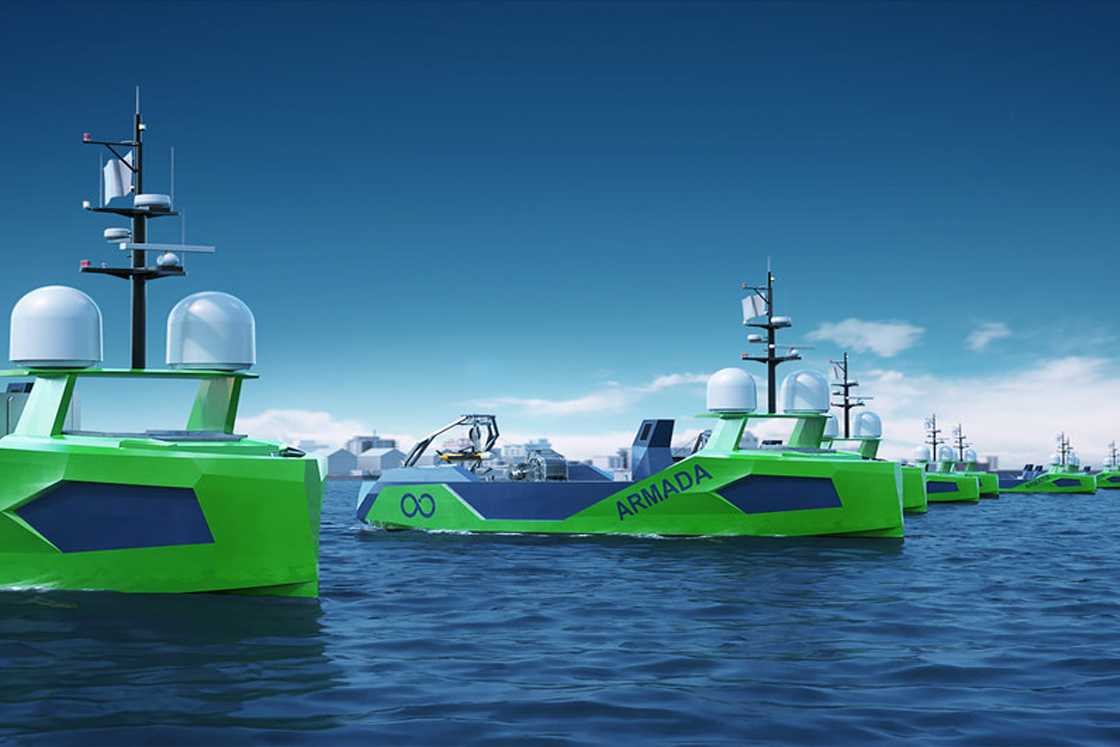The "2025 Armada": A Mythical Fleet Or A Real Threat?

The "2025 Armada": A Mythical Fleet or a Real Threat?
The internet is a breeding ground for conspiracy theories, and one that has gained traction in recent years is the notion of a "2025 Armada." This theory posits that a massive, technologically advanced fleet of extraterrestrial spacecraft will arrive on Earth in the year 2025, with the intent of either conquering or observing humanity.
While the concept of an alien invasion is captivating, it’s important to separate fact from fiction. The "2025 Armada" theory, like many others, lacks any concrete evidence and is rooted in speculation and misinterpretations. Let’s delve into the origins of this theory, examine the lack of scientific backing, and explore the potential dangers of believing in such unfounded claims.
The Origins of the "2025 Armada" Myth:
The specific origins of the "2025 Armada" theory are murky and difficult to trace. It likely stems from a confluence of factors, including:
- The Rise of UFO Sightings: The 20th century saw a surge in reported UFO sightings, fueling public fascination with extraterrestrial life. While many of these sightings were later attributed to misidentified objects or hoaxes, the persistent belief in alien visitation contributed to a fertile ground for such theories.
- Pop Culture Influence: Science fiction movies, TV shows, and books have depicted scenarios of alien invasions, often emphasizing the year 2025 as a pivotal point. These fictional narratives, while entertaining, can blur the line between reality and imagination, leading some to believe in their plausibility.
- Misinterpretation of Scientific Data: Some proponents of the "2025 Armada" theory point to specific scientific findings, such as the detection of strange radio signals or the discovery of potentially habitable planets, as evidence for an impending alien arrival. However, these findings are often taken out of context and misinterpreted to fit a predetermined narrative.
- The Internet’s Echo Chamber: The internet has amplified the spread of conspiracy theories, providing a platform for individuals to share and reinforce their beliefs. Social media algorithms, designed to prioritize engagement, often promote sensationalized content, further contributing to the spread of misinformation.
Debunking the "2025 Armada" Theory:
While the idea of an alien invasion is intriguing, there is no scientific evidence to support the "2025 Armada" theory. Here are some key reasons why it’s highly improbable:
- No Scientific Basis: Despite advancements in astronomy and space exploration, there is no concrete evidence of intelligent life beyond Earth. While scientists continue to search for signs of life in the universe, the vast distances involved make interstellar travel an enormous challenge, even for hypothetical advanced civilizations.
- The Immensity of Space: The universe is unimaginably vast, with distances measured in light-years. For a fleet of spacecraft to travel across interstellar distances to reach Earth in a specific year would require technology far beyond our current understanding.
- Lack of Observational Evidence: If a massive fleet of alien spacecraft were approaching Earth, astronomers and space agencies would undoubtedly detect them. There is no evidence of such a fleet, nor any unusual astronomical events that could suggest an alien arrival.
- The Absence of Communication: If an alien civilization were planning to visit Earth, it’s reasonable to assume they would attempt to communicate with us first. However, there is no evidence of any extraterrestrial communication attempts, either through radio signals, laser beams, or any other means.
The Dangers of Believing in Unfounded Claims:
While the "2025 Armada" theory may seem harmless, believing in unfounded claims can have negative consequences:
- Erosion of Trust in Science: By promoting conspiracy theories, individuals may lose faith in scientific institutions and experts, hindering progress in fields like space exploration and astrobiology.
- Spread of Misinformation: Unverified claims can spread rapidly through social media, leading to confusion and panic. This can be particularly dangerous in times of crisis or uncertainty.
- Financial Exploitation: Some individuals may exploit fear and anxiety surrounding conspiracy theories to promote their own agendas or financial gains. This can involve selling "survival kits," promoting fraudulent investment schemes, or spreading misinformation for personal benefit.
- Social Division: Conspiracy theories can contribute to social division and polarization by creating a sense of distrust and fear towards those who hold different beliefs. This can undermine social cohesion and hinder collaborative efforts towards common goals.
Conclusion:
The "2025 Armada" theory is a prime example of how speculation and misinformation can spread rapidly in the digital age. While it’s natural to be curious about the possibility of extraterrestrial life, it’s crucial to rely on scientific evidence and critical thinking when evaluating such claims. By promoting skepticism and encouraging a healthy dose of skepticism, we can combat the spread of unfounded theories and foster a more informed and rational society.
Instead of focusing on speculative scenarios, let’s channel our energy towards promoting scientific research, exploring the vastness of space, and fostering a culture of open dialogue and critical thinking. The future of humanity lies in our collective understanding and pursuit of knowledge, not in unfounded fears and baseless assumptions.







